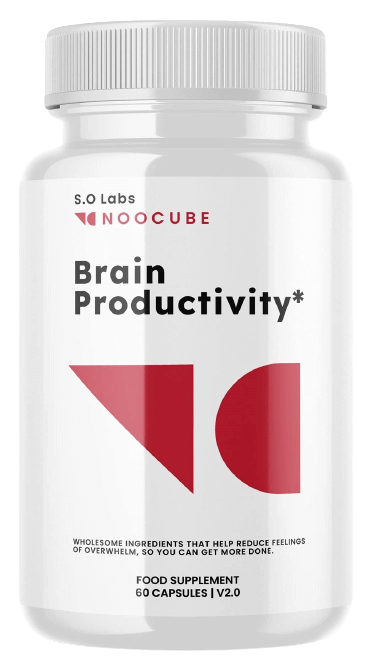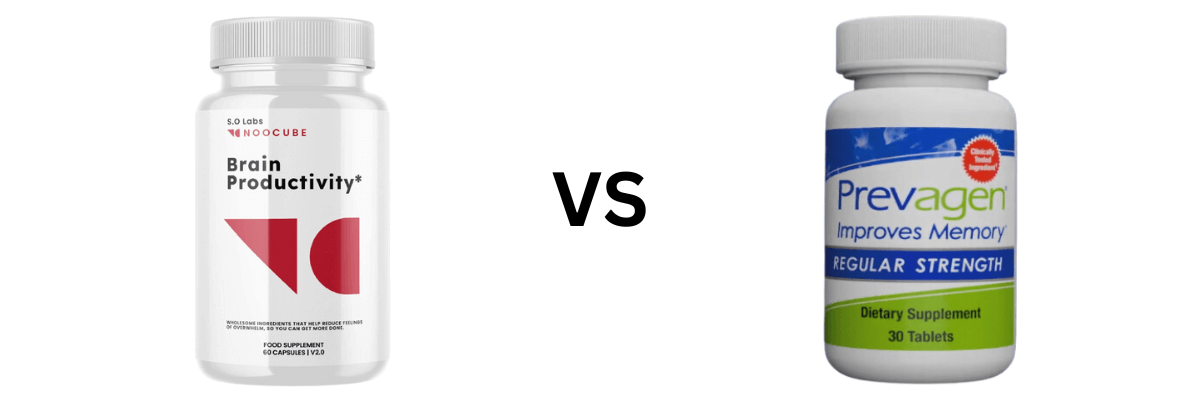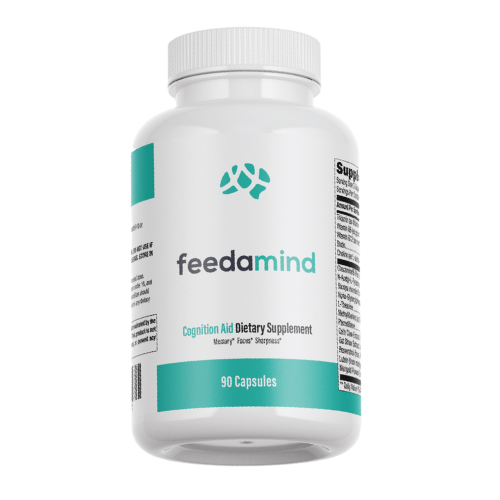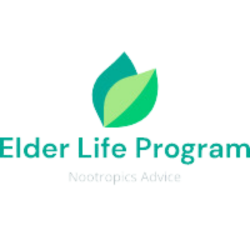As we grow older, our brains naturally undergo changes that can impact our cognitive abilities. Memory loss, in particular, is a common concern. While it's normal to forget where you left your keys or the name of an acquaintance, significant memory loss can be a symptom of more serious conditions, such as Alzheimer's disease.
Alzheimer's disease is a progressive disorder that causes brain cells to waste away and die, leading to a continuous decline in memory and mental function. One of the key factors linked to Alzheimer's disease is the deposition of beta-amyloid, a sticky protein that can build up into plaques in the brain. These plaques are toxic to neurons and can disrupt cell function, leading to the symptoms we associate with Alzheimer's.
Another important player in Alzheimer's disease is a type of protein called soluble amyloid beta-protein dimers. These proteins can induce tau hyperphosphorylation, a process that leads to the formation of neurofibrillary tangles, another hallmark of Alzheimer's. These tangles contribute to neuritic degeneration, which is a fancy way of saying they cause nerve cells to wither and die.

Now, you might be wondering, what does all this have to do with inflammation and antioxidants? Well, research has shown that neuroinflammation plays a significant role in Alzheimer's disease. The brain's immune response, meant to protect it, can backfire and lead to inflammation that damages neurons. Additionally, an imbalance between oxidants and antioxidants in the body can contribute to the development of Alzheimer's. Oxidants, or free radicals, can cause oxidative stress, damaging cells and contributing to aging and disease.
Speaking of aging, it's important to note that the onset of Alzheimer's disease symptoms is age-dependent. As we get older, our risk of developing Alzheimer's increases. This is partly due to the natural aging process, but other factors like genetics and lifestyle also play a role.
Nootropics
Nootropics, often referred to as "smart drugs" or cognitive enhancers, are substances that can improve cognitive function, particularly memory, creativity, or motivation. They work in various ways, such as by increasing blood flow to the brain, modulating neurotransmitters, or protecting the brain from damage.
Popular nootropics on the market today include Noocube, Neuriva Plus, and Prevagen. Each of these supplements has its unique blend of ingredients designed to support brain health and cognitive function. For instance, Noocube contains seven natural nootropics boosters, including Alpha GPC and Huperzine A, which are known to enhance cognitive function and prevent cognitive decline.
However, the use of nootropics isn't without controversy. The ethics of cognitive enhancement methods have been widely discussed in scientific and engineering ethics journals. Some argue that using substances to enhance cognitive abilities is akin to cheating, while others believe it's no different from using technology or education to improve our capabilities.
In the case of Neuriva and Prevagen, these supplements have been the focus of the neuroscience of cognitive enhancement. Schiff Vitamins, the company behind Neuriva, is known for its ethical manufacturing practices. On the other hand, Prevagen has faced legal challenges for making deceptive claims about its effectiveness.
As we continue to explore the world of nootropics, it's essential to keep these ethical considerations in mind. After all, our goal should be to support our brain health and cognitive function in a safe and responsible way. In the next part of this article, we'll delve deeper into the specifics of Noocube and Prevagen, comparing their benefits, potential side effects, and overall effectiveness. Stay tuned!
Comprehensive Analysis of Noocube

Let's dive into Noocube first. This supplement is a cocktail of seven natural nootropics, including Alpha GPC and Huperzine A. Alpha GPC is a natural choline compound found in the brain and is believed to enhance cognitive function, while Huperzine A is a plant extract that may increase levels of neurotransmitters in the brain.
Related: Noocube Review
Noocube's benefits are quite impressive. It's designed to improve focus and multitasking, which is a godsend in our multitasking world. It also aims to prevent cognitive decline, which is a big plus for those of us who are getting on in years and starting to forget where we left our keys. And let's not forget its stress reduction capabilities. In our fast-paced, high-stress society, anything that can help us keep our cool is a winner in my book.
However, like anything, Noocube isn't perfect. While it's generally well-tolerated, some users have reported side effects like headaches and digestive upset. It's also worth noting that while the ingredients in Noocube have been studied for their cognitive benefits, the specific formulation of Noocube hasn't been clinically tested.

Comprehensive Analysis of Prevagen

Next up is Prevagen. This supplement is a bit different from Noocube. It's primarily made up of a protein derived from jellyfish called apoaequorin. Prevagen's makers claim that this protein can support brain health and improve memory.
Prevagen's focus on the neuroscience of cognitive enhancement is noteworthy. The idea is that by supplying the brain with this specific protein, it can help to maintain cognitive function as we age.
However, Prevagen has had its share of controversy. The company behind it has faced legal challenges for making deceptive claims about the product's effectiveness. While some studies have shown positive results, others have found no significant difference between Prevagen and a placebo.

Comparison of Noocube and Prevagen
When comparing Noocube and Prevagen, it's clear that they both have their strengths and weaknesses. Noocube's blend of natural nootropics is designed to enhance several aspects of cognitive function, while Prevagen's single-ingredient approach focuses on supporting memory.

In terms of effectiveness, it's a bit of a toss-up. Some users swear by Noocube's ability to improve focus and reduce stress, while others find Prevagen to be a helpful tool for memory support. However, the controversy surrounding Prevagen's claims may be a point of concern for some.
Other Noteworthy Memory-Support Supplements
While Noocube and Prevagen are both popular choices, they're not the only game in town. Other supplements like Vyvamind and Feedamind also offer potential cognitive benefits.
Related: Feedamind, Vyvamind, Nooceptin, Noocube, Mind Lab Pro, Alpha Brain
Vyvamind, for example, is designed to prevent age-related oxidative brain damage and reduce mental fatigue. Feedamind, on the other hand, aims to improve blood flow to the brain and support memory retention. Both of these supplements could be worth considering if you're looking for an alternative to Noocube or Prevagen.
Rating
4.8/5
Feedamind
Feedamind is an all-in-one nootropic supplement that can improve focus, problem-solving, memory, reduce brain fog, and enhance mental alertness. It's made up of 16 natural, clinically tested ingredients. It gets my seal of approval.

Conclusion
So, after all this analysis, which is the best memory-support supplement for 2023? Well, it's not a straightforward answer. It really depends on your individual needs and how your body responds to these supplements.
Noocube's blend of natural nootropics could be a good fit if you're looking for a broad-spectrum cognitive enhancer. However, if you're specifically interested in memory support, Prevagen's focus on this area could be appealing, provided you're comfortable with the controversy surrounding its claims.
Ultimately, the best supplement for you is the one that helps you feel and perform your best. So, don't be afraid to try different options and see what works for you. After all, when it comes to brain health, it's all about finding the right balance.


0 comments